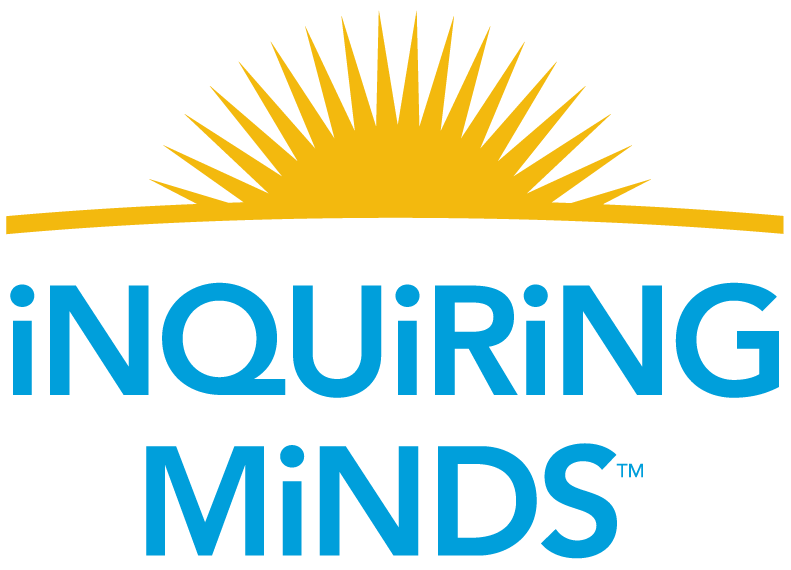Inquiring Minds Gets Some Answers: How Do We Help Our Schools Become Innovative Incubators for Active Citizens in Our Democracy?
Teaching and working with children has always been my passion. I look forward to creating life-long learners in my future classroom and learning from my experience with each student I come across.
Response from Brittany Alm, Junior, Old Dominion University (ODU) who is planning on getting a Masters in Education.
“As a K-12 student, I remember being engaged in political conversations and lessons when a presidential election was drawing near. I don't remember being educated on how to be an active citizen until my senior year of high school when I took Government.
My teacher really kept our class up to date on what was happening in Virginia politics and in National politics. He stressed the importance of staying politically knowledgeable so that when we use our vote, it's going towards someone who is going to do the best for our city, state, or country.
I believe that schools should begin educating students on what makes an active citizen while they're still in elementary school. They could learn about issues in the community or school, then figure out what is not working and try to come up with solutions. The teachers could help the students take action and spread the cause to others so that more people are aware and can get on board.
Letting children physically take action and make a difference in the community or school will help them understand, early on, that they have the power to make positive changes and be an active citizen.
Moving on to middle school, teachers could get even more involved and influence their students to make a difference outside of the community. Again, they would need to learn about the issues going on, figure out what's not working and come up with solutions, and then take action.
The students can again learn how to make a difference in the lives of others outside of their school and community. They would learn how to be an active citizen and they would learn how to get even more people involved.
By high school this same idea would apply, but additionally they should be taught more about politics and the importance of being aware of what's going on locally, in the state and nationally. They should be able to look back on their experiences in elementary school and middle school and remember how they were able to make a difference. They should remember that age and size didn't matter, they were able to help others and work as an active citizen.
I think with each school group, more emphasis on democracy should be influenced at each age group. By the time the students reach high school, teachers should be preparing them to leave school, or when they turn 18, and go out into the world with an understanding of politics, a passion to help others, and knowledge that they can have an impact. They should leave knowing how important their vote is and how important it is to use that vote for someone who is going to do the best for the community, state, or country. They should leave with knowledge of how to be active in the community.
Learning to be an active citizen of democracy should begin when students are young, and each year teachers should add more to their understanding and knowledge. Teachers should take this seriously and each year know that they are aiding in the creation of an active and politically minded future generation.

